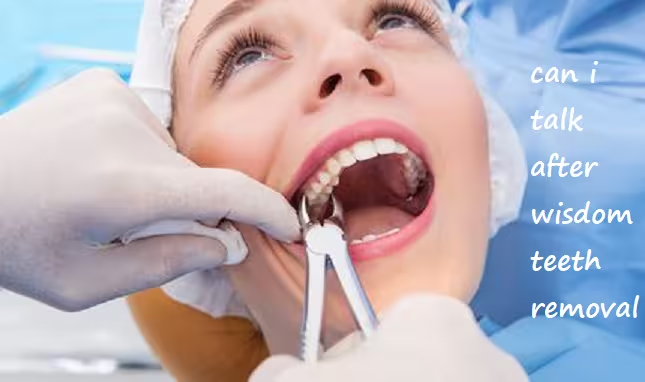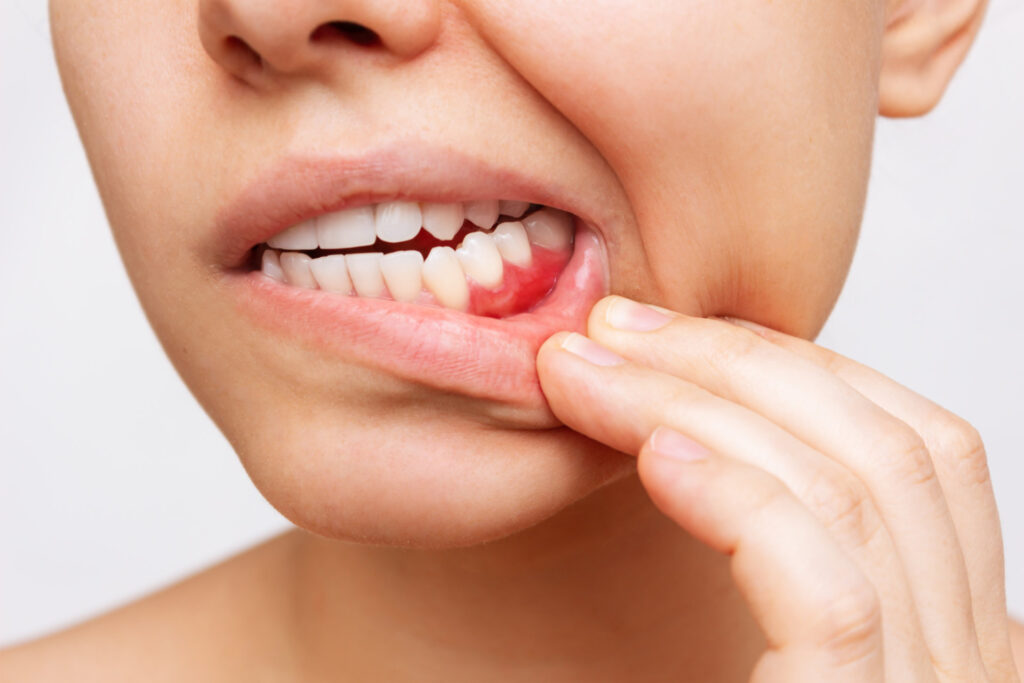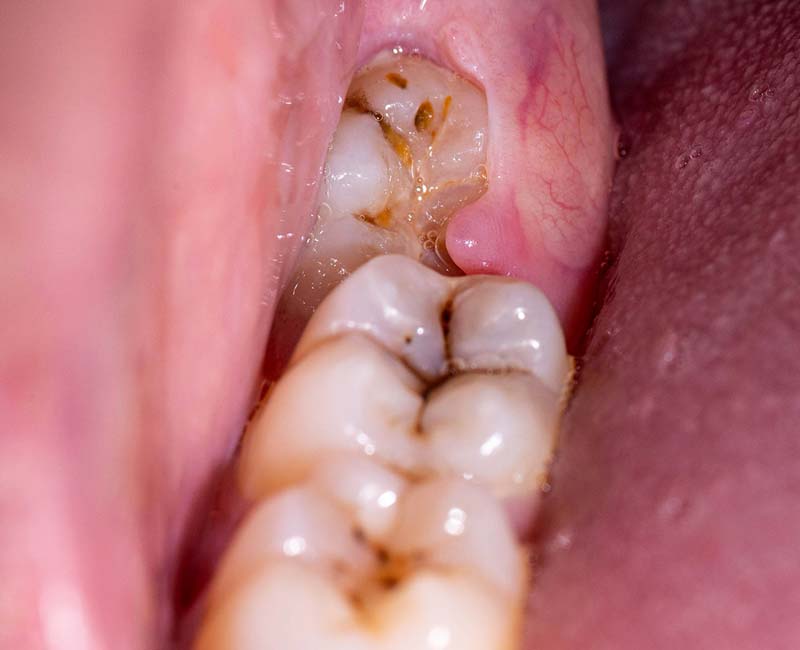6 Ways to Get Rid of TMJ Ear Dizziness or Vertigo If you've ever experienced the frustrating and disorienting effects of temporomandibular joint (TMJ) disorder, you know that it's more than just jaw pain. TMJ issues can lead to ear problems, including dizziness and vertigo, which can make even simple daily tasks challenging. You may also wonder, how long TMJ lasts and whether it can go away on its own.
The temporomandibular joint, located where your jawbone meets your skull, is one of the most complex joints in the body. When it doesn’t function properly, it can lead to a cascade of symptoms that affect the jaw, ear, and balance. This blog will guide you through six effective self-care strategies to alleviate TMJ ear dizziness and vertigo, offering practical, research-backed solutions that anyone can try. For a deeper understanding of why TMJ can cause dizziness, check out our expert explanations.
Symptoms and Causes of TMJ-Related Dizziness and Vertigo
The connection between TMJ and ear-related symptoms can be traced to the joint’s proximity to the middle and inner ear. When TMJ dysfunction occurs, it can put pressure on the surrounding nerves and structures, leading to symptoms such as ear congestion, ringing, and even dizziness. For those wondering if wisdom teeth can cause TMJ symptoms, the answer is nuanced, as these can sometimes contribute to TMJ discomfort indirectly.
This dizzying sensation—sometimes felt as vertigo—can stem from the inflammation and muscle tension TMJ disorders create. It’s a multifaceted issue, and understanding the root cause is crucial for targeted treatment. Common TMJ-related symptoms include jaw pain, headaches, ear discomfort, and balance problems. Now, let’s explore six effective ways to tackle these issues head-on.
Rest Your Jaw
To get rid of TMJ vertigo, you can start by resting your jaw to avoid further strain on the joint.
Immediate Relief:
Avoid actions that stress the jaw, such as chewing gum, yawning widely, or talking loudly. When brushing and flossing, try to open your mouth only as much as necessary.
Long-Term Impact:
Consistently reducing strain on your jaw can help minimize inflammation, which may, in turn, reduce dizziness and ear-related symptoms over time.
Apply Heat or Ice
Both heat and cold therapy can offer relief for TMJ symptoms.
How to Use Heat:
Applying a heat pack to your jaw can soothe tight muscles, increasing blood flow and reducing pain.
How to Use Ice:
Ice packs, on the other hand, can help reduce inflammation. Use whichever feels more comfortable or alternate between the two.
Effectiveness:
These treatments work by directly addressing the inflammation and muscle tension contributing to your symptoms, which can be particularly helpful for TMJ dizziness relief.
Take Medication
Certain medications can provide both pain and dizziness relief for TMJ sufferers.
Pain Management:
Over-the-counter pain relievers and anti-inflammatory drugs (NSAIDs), such as ibuprofen, can alleviate pain and reduce inflammation around the jaw joint.
Vertigo-Specific Options:
Medications specifically designed for vertigo and dizziness may help manage symptoms more effectively.
Consultation:
Always consult with your healthcare provider before beginning any new medication, as they can guide you toward options best suited to your symptoms.
Reduce Stress
Reducing stress can play a significant role in managing TMJ and its symptoms.
Mind-Body Techniques:
Techniques such as deep breathing, meditation, or biofeedback can help lower stress levels, indirectly alleviating TMJ symptoms.
Effect on TMJ:
Stress often causes muscle tension, especially in the jaw area. By focusing on relaxation techniques, you may reduce this tension, minimizing TMJ-related vertigo.
Do Jaw Exercises
Engaging in gentle, guided jaw exercises can improve jaw mobility and function.
Guidance:
A physical therapist trained in TMJ management can show you exercises designed to improve jaw alignment and strength.
Benefits:
These exercises not only relieve tension but can also help stabilize the joint over time, reducing the risk of recurring dizziness. Exercises can be a proactive way to manage and reduce symptoms in the long run.
Get a Custom Dental Splint
Dental splints, or mouth guards, can help alleviate TMJ symptoms, particularly for those who grind or clench their teeth.
How it Works:
A dentist can prescribe a custom-made splint that fits your teeth perfectly, stabilizing your jaw and reducing strain on the TMJ.
Additional Benefit:
Many find that wearing a splint at night helps reduce the frequency of TMJ-related symptoms, including vertigo and dizziness, during the day. Custom splints can be especially effective if other methods haven’t provided adequate relief.
Preventative Tips for Reducing TMJ-Related Dizziness
While managing TMJ symptoms can be a gradual process, adopting certain lifestyle changes can reduce the frequency and intensity of flare-ups. Avoid habits that may contribute to jaw strain, such as chewing hard foods or holding tension in your jaw. Incorporate relaxation practices into your daily routine to prevent stress-induced TMJ symptoms. Additionally, regular dental check-ups can help detect TMJ issues early, allowing for timely intervention.
Conclusion
TMJ ear dizziness and vertigo can be disorienting, but a mix of self-care strategies and professional guidance can help you manage and reduce these symptoms. By resting your jaw, applying heat or ice, taking medications, reducing stress, practicing jaw exercises, and considering a custom dental splint, you can alleviate discomfort and improve your quality of life. If symptoms persist, consulting a dentist or healthcare provider is essential to pinpoint the cause and receive tailored treatment.






